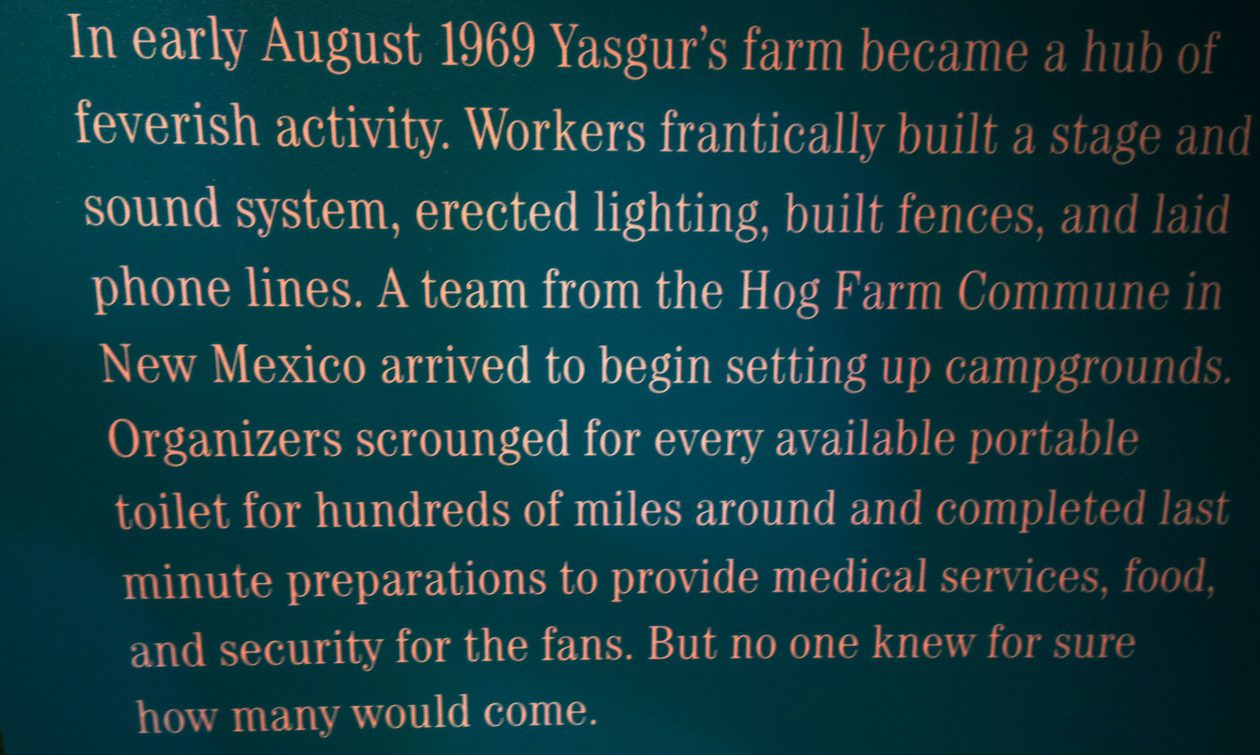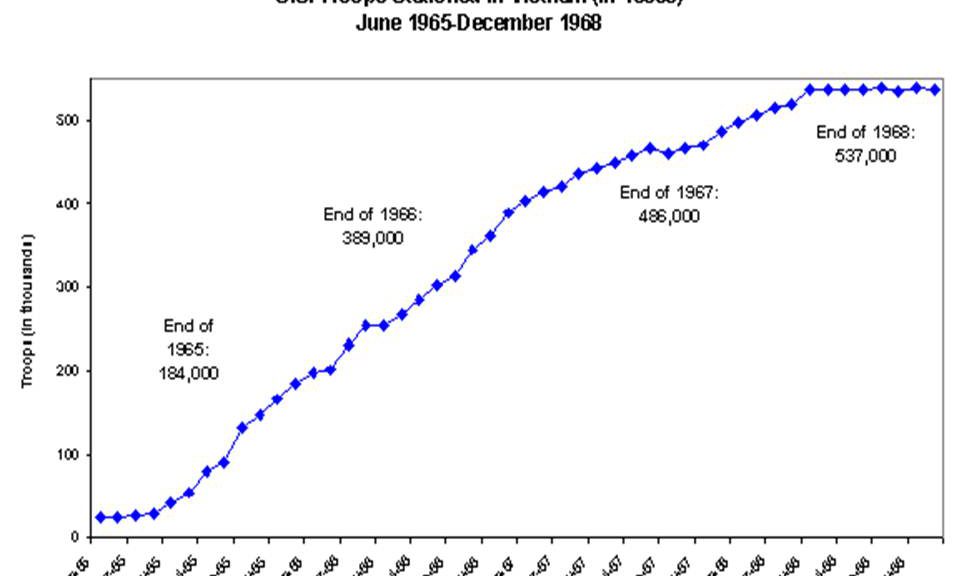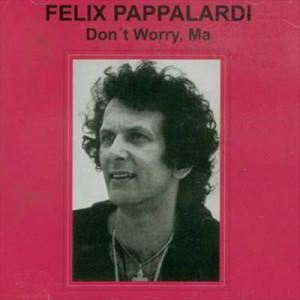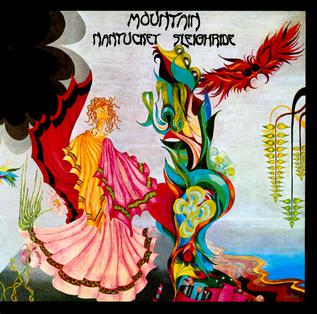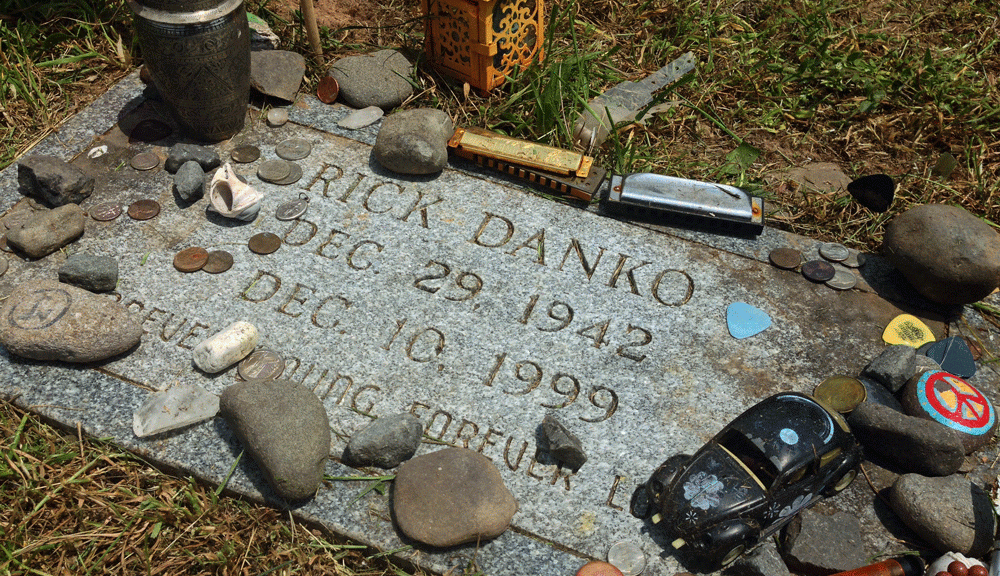1968 Vietnam Turning Point
1960s Potpourri
The 1960s: sexual revolution, LSD, civil rights, black nationalism, feminism, political unrest, assassinations, the Great Society, and Vietnam with a magical mystery tour soundtrack played by the Beatles, the Rolling Stones, the Jefferson Airplane, Janis Joplin,and Jimi Hendrix.
1968 Vietnam Turning Point
1968
And if one had to pick one year of that tumultuous decade that was “more” 1960s than any other, 1968 would be a prime candidate.
And if Vietnam was the decade’s salient feature, 1968 was a year that many Americans decided that the war was a waste of life and limb.
1968 Vietnam Turning Point
Light at the end of the tunnel (again)
On January 26, 1968 in Time Magazine, General Westmoreland said, “the Communists seem to have run temporarily out of steam.” The government had convinced us that the number of enemy killed, not the gaining and holding of territory, determined success. Such a policy had led to generals inflating the number of enemy killed even including civilians killed as the by-product of battles.
Three days later, the nation that heralded and commemorated George Washington’s Christmas night crossing of the Delaware River and sneak attack on the Hessian troops barracked in Trenton, was angered when the North Vietnamese and Vietcong launched the surprise Tet Offensive.
The US and South Vietnamese forces defeated the attacks which did not spark the popular uprising the North had hoped, but back home in the USA those confident military reports of a weakened enemy became highly questionable.
The Battle of Hue during the Tet Offensive typified this turning point. While the American and South Vietnamese forces defeated the Communist forces, the Pyrrhic victory cost the Allied victors 668 dead and 3,707 wounded . (NYT book review of HUE 1968, A Turning Point of the American War in Vietnam by Mark Bowden)
1968 Vietnam Turning Point
Walter Cronkite speaks
On February 27, 1968, well-respected CBS News anchor Walter Cronkite editorialized that “...it is increasingly clear to this reporter that the only rational way out [of the war] then will to negotiate, not as victors, but as an honorable people who lived up to their pledge to defend democracy, and did the best they could.”
On March 31, 1968, President Johnson announced that he would not run for a second term. (NYT retrospective article) (full text of LBJ’s announcement)
1968 Vietnam Turning Point
Bloodiest year
December 31, 1968: the bloodiest year of the war came to an end. 536,000 American servicemen were stationed in Vietnam, an increase of over 50,000 from 1967.
Estimates from Headquarters U.S. Military Assistance Command Vietnam indicated that US and Vietnamese forces had killed 181,150 Viet Cong and North Vietnamese during 1968.
However, Allied losses were also up: 27,915 South Vietnamese, 14,584 Americans (a 56 percent increase over 1967), and 979 South Koreans, Australians, New Zealanders, and Thais were reported killed during 1968.
Since January 1961, more than 31,000 U.S. servicemen had been killed in Vietnam and over 200,000 U.S. personnel had been wounded.
The war that year had cost $77 billion (1968) dollars–$542 billion today!
In 2017, American troops strength in Afghanistan was approximately 11,000 and 11 Americans had died there that same year. We had spent approximately $5.7 billion.
